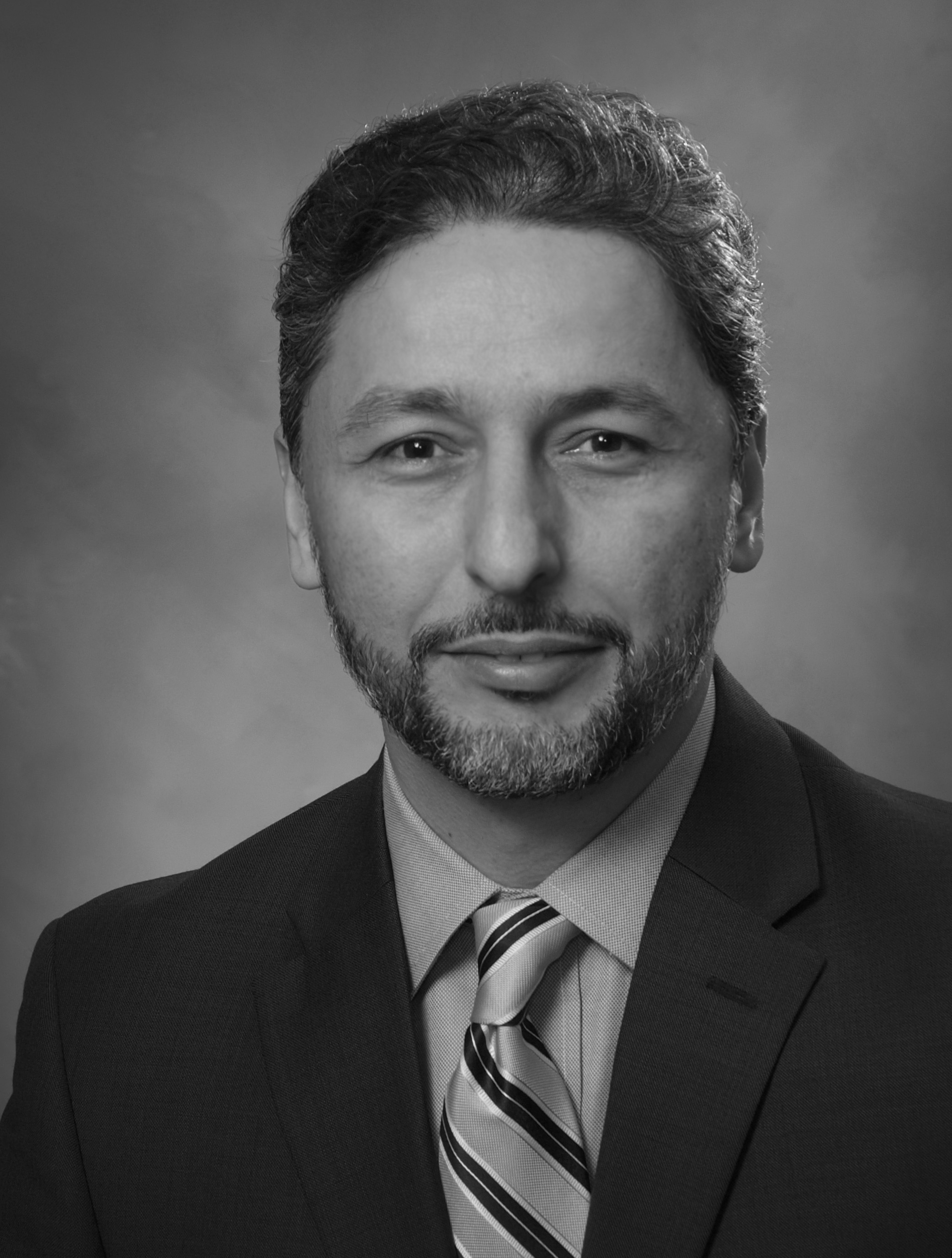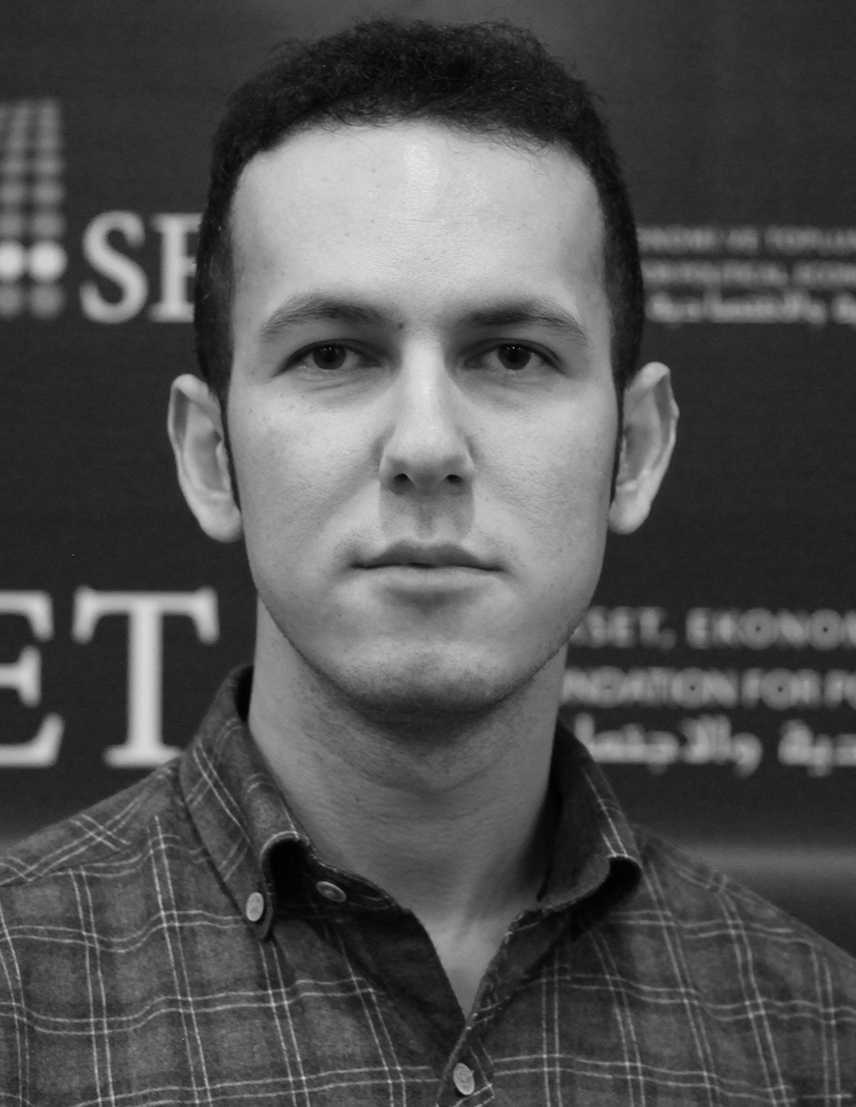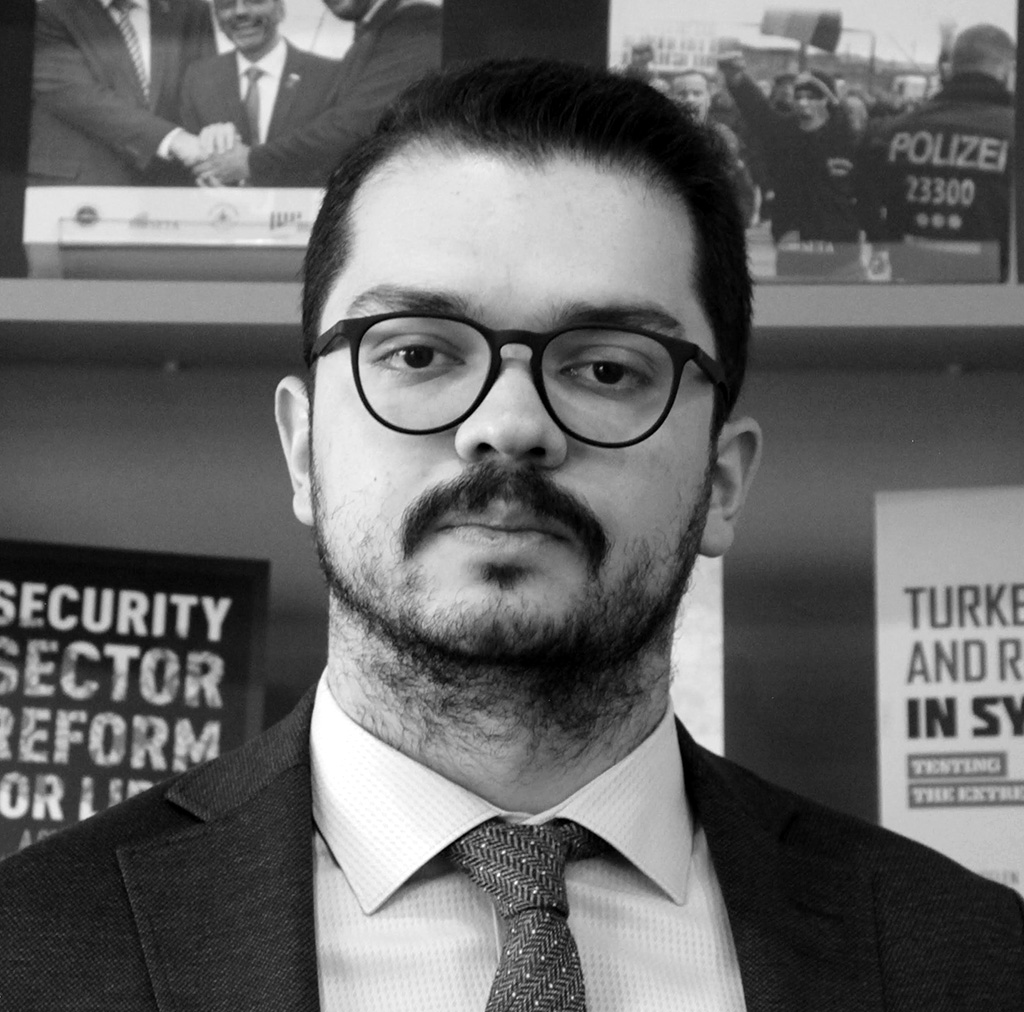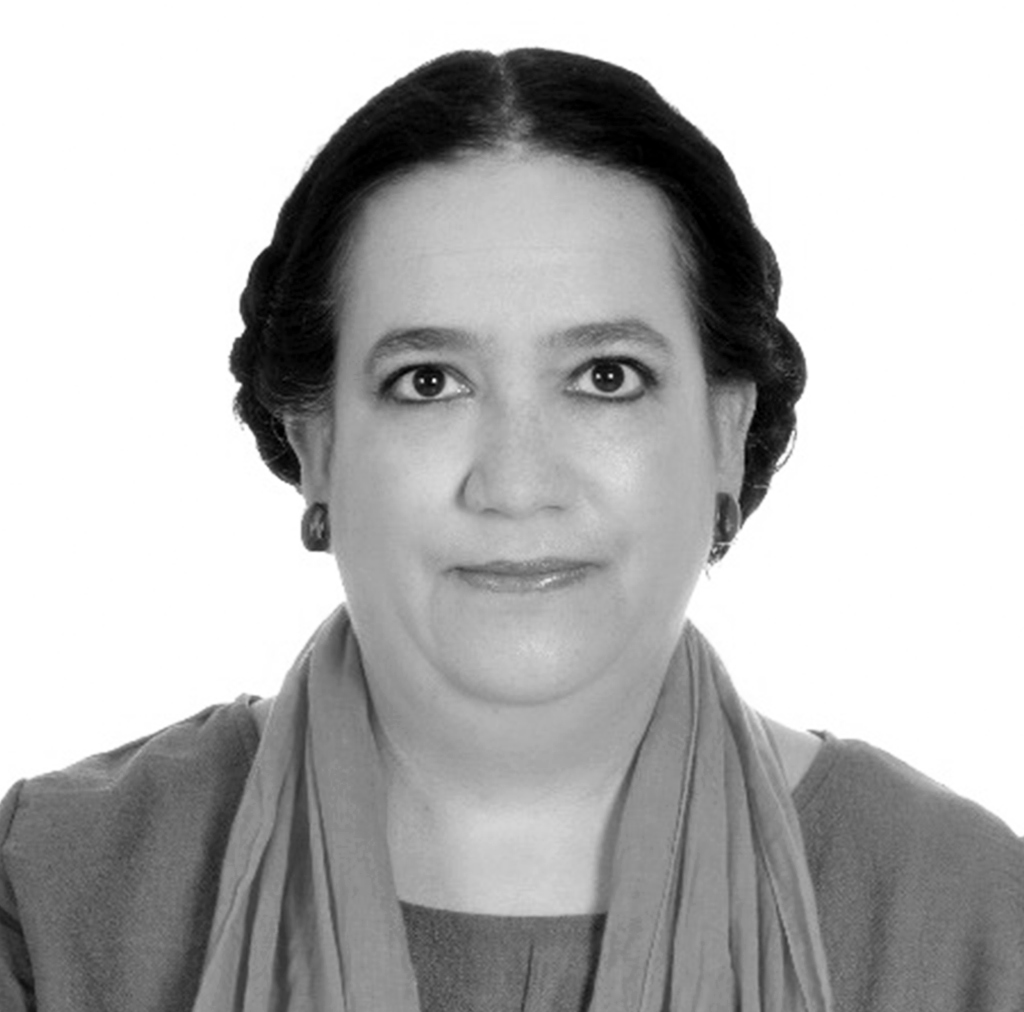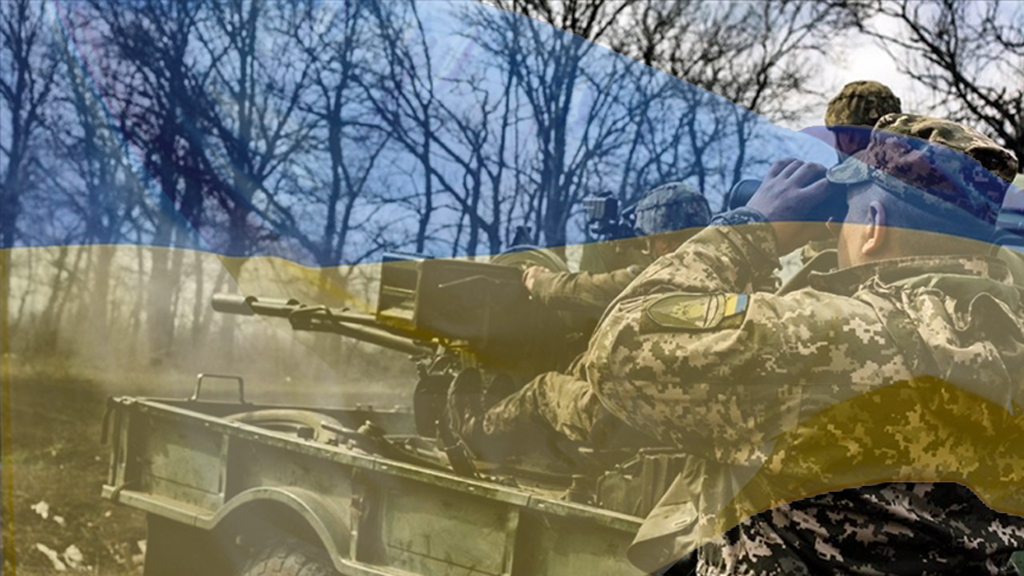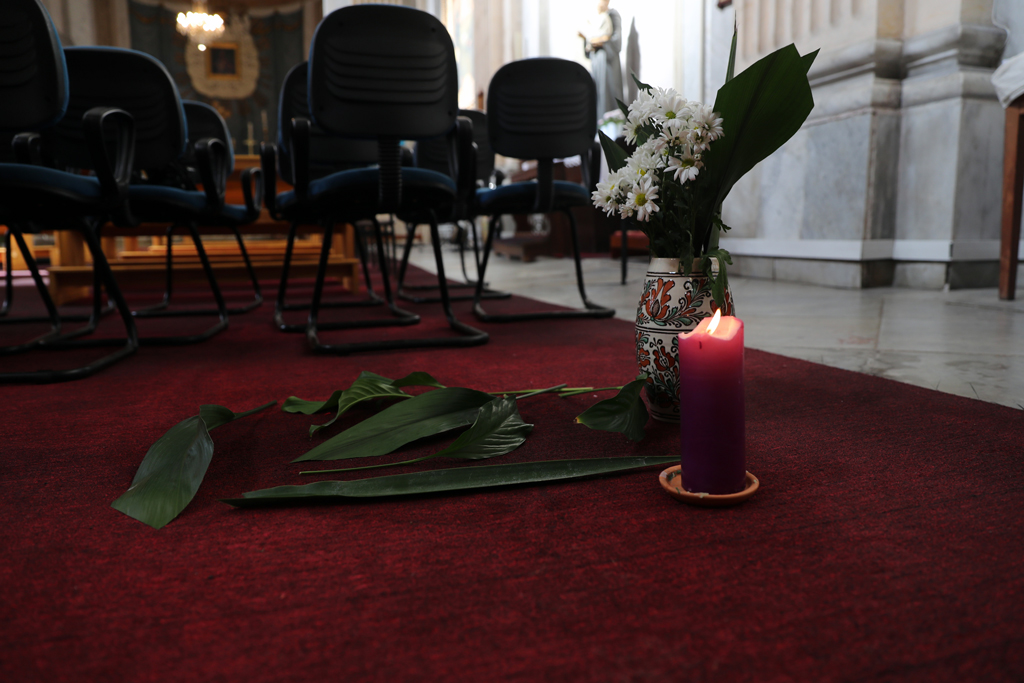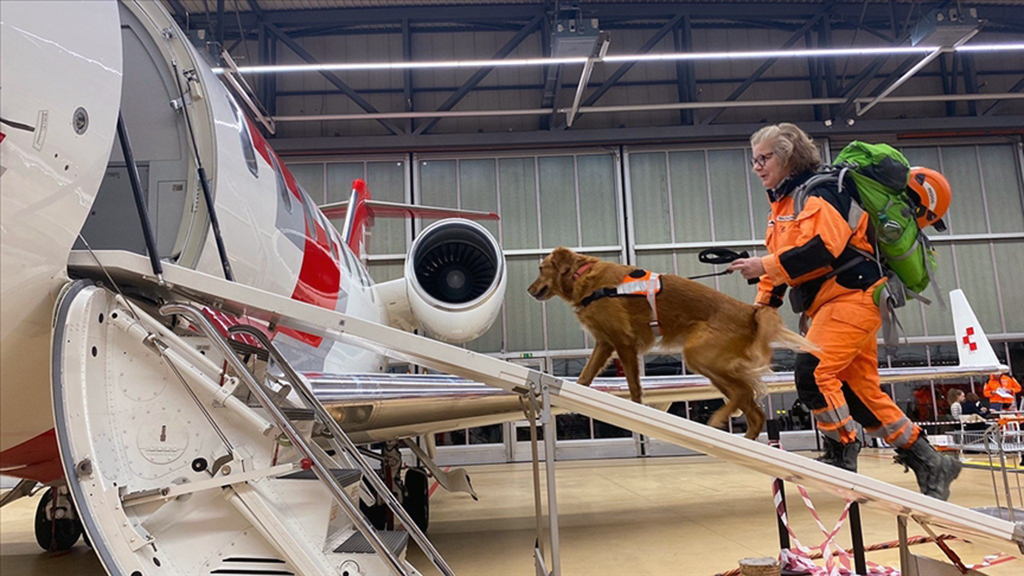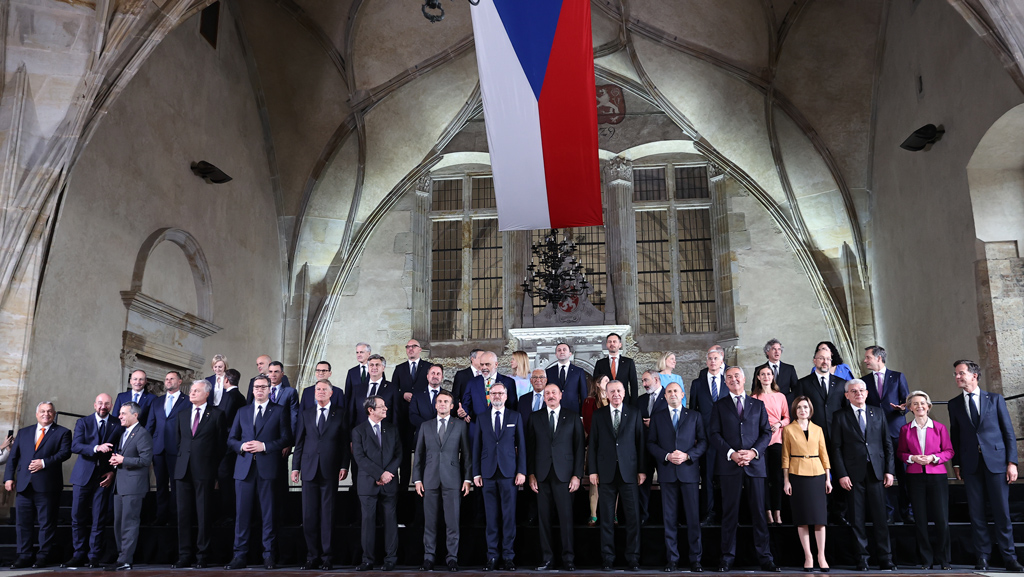Three rounds of high-stakes talks between Russian representatives and the U.S., NATO, and OSCE representatives took place this week in Geneva, Brussels, and Vienna. The main focus of these meetings was on the developments taking place in the Russia-Ukraine border. Trans-Atlantic allies rejected Russia’s call to stop NATO’s expansion, and the Russian representatives stated that the diplomacy has not reached a “dead end.” While war seems more likely now, we asked experts their views on these talks.
Prepared by
Gloria Shkurti Özdemir
Experts
İlyas Topsakal
Mehmet Çağatay Güler
Kadir Üstün
Vişne Korkmaz
Rıfat Öncel
 İlyas Topsakal
İlyas Topsakal
Istanbul University, Turkey
The Effects of NATO – Russia Talks and Turkey's Perspective
On January 12, 2022, the NATO-Russia council met in Brussels for the first time in the last 2.5 years and held discussions on the accumulated issues both NATO and Russia are facing. The most important issues during the negotiations were the red lines of the two sides, which were discussed in the Putin-Biden meeting. The issue that Russia focused on in the talks was NATO's expansion to the east and placement of its strategic offensive weapons at strategic points close to Russia's western border because Russia's biggest threat perception is considered to be that Romania, Poland, and Bulgaria, along with Finland (a traditional Western ally) pulled this line to the north and then Greece, to the south, while traditional support groups of Western Europe pushed this line forward.
The history of the issue dates to the Soviet period. In 1992, Russia asked the United States for written guarantees that NATO would not expand to the east, and that, especially, Ukraine and Georgia would not become NATO members. Finally, from the past to the present, both states have considered conveying their demands to each other through diplomatic channels in every opportunity and environment as a strategy – until the last two years. At the same time, the U.S. and NATO perceived the security area as a threat when Russia carried out military exercises close to regions of critical importance; that is, in the area that Ukraine and Poland saw as a threat and dispatched new weapons to the region. Moreover, a series of sanctions were put into effect against this.
During this process, mixed delegations served in the negotiations of the two sides, and in general, officials from the Ministry of Foreign Affairs and the Ministry of Defense undertook this task. At the negotiations held this week, Russia was represented by Alexander Grushko and Aleksandr Fomin. NATO, on the other hand, took part in these meetings with Secretary-General Jens Stoltenberg and representatives of 30 member countries. According to the leaked information from the relevant authorities after the talks, there was an agreement on all trivial matters except for the expansion in the Black Sea and Eastern Europe, which are Russia's red lines; however, no progress was made on Russia's red lines. Thereupon, Russian officials reiterated their claim that military exercises and especially strategically important supersonic missiles will continue to be deployed in Eastern Europe. Russia also signaled that this new situation is also in line with the policy of deterrence, and in this context, it will spread its new weaponry to the geography close to the United States, such as Cuba and Venezuela. This new policy was underlined and strengthened by Russian President Vladimir Putin's statement, in which he said, "If NATO countries continue to place strategic weapons on our borders, we will have to get our supersonic missiles ready."
The third phase of the de-escalation negotiations in Vienna took place on January 13 under the Organization for Security and Co-operation in Europe (OSCE). When the two sides could not agree on their mutual strategic issues, Russia's OSCE representative, Alexander Lukashevich,
stated that Russia was extremely serious about security guarantees, while his U.S. counterpart described the process as "blackmail." As a result, the two sides made no progress in the negotiations, which started with high hopes, causing Russia to update its security strategy against NATO. In this context, since 2010, the Eastern Europe and NATO threat has been included in the first article of Russia's security doctrine, and it includes new measures against this enlargement.
This framework, which surrounds the new position of Russia against the West, especially NATO and the U.S., and the role that Turkey will take in this position can be seen as the most important security issue concerning our region and country in the future. For this reason, our country's military and security experts produce ideas to designate the specifics of this role and produce instant solutions depending on the issues in Russian-Turkish relations according to time and conditions. Instant communication and mutual benevolence between the heads of state of Russia and Turkey are seen as a great success in terms of leadership diplomacy; President Erdoğan and his Russian counterpart Putin successfully undertake the processes in Eastern Europe, the Middle East, the Mediterranean, and the Black Sea, which have become a “weapons laboratory” of sorts.
This new concept, created and centralized by Turkey within the scope of its national interests, can also be criticized by many thinkers who think according to the strategies of the Cold War. The outputs of the new period, the three major cross-border operations in the south and the end of the Astana process, the cessation of the war in the region, the successful settlement of the Karabakh issue, the use of both hard and soft power elements in the Eastern Mediterranean and ensuring the balance between NATO and Russia in the Black Sea have been made possible and realized by Turkey’s superior operational and diplomatic strength. Its success is evident in the implementation of these new security strategies.
As a result, NATO and Russia could enter a fierce rivalry again, negatively affecting NATO's largest military power in the region, Turkey, in its relations with Russia. However, Turkey will not face difficulty in managing these relations with the trust, stability, and administration it has gained in the last 10 years and will succeed in turning possible problematic areas into positive ones for both countries.
Back to top
 Mehmet Çağatay Güler
Mehmet Çağatay Güler
Russia-Ukraine Crisis: Results of Diplomatic Talks
All the Russia-U.S., Russia-NATO, and Russia-OSCE talks on the Ukraine-Russia crisis, which took place in Geneva and Brussels, were inconclusive. When we look at the security draft plan and the binding guarantees that Russia has presented to NATO and the U.S., I can say that it is not surprising that the talks were inconclusive. Neither NATO nor the U.S. will allow Russia to dominate them.
First, to guarantee that Ukraine will not be admitted to NATO, that NATO will not expand further east, that NATO troops and weapons will not be deployed to Russian borders and nearby areas, and finally that NATO will withdraw to its pre-1997 borders mean that Europe's security architecture will be thoroughly changed and the order established after the Cold War will be fundamentally affected. However, as Russia will consolidate its global status and sphere of influence, the U.S., NATO, and European institutions will suffer a serious loss of credibility and power. The existence of the institutions in question, their positions, and the status of the West, in general, will be discussed. The acceptance of these guarantees, therefore, did not seem possible from the very beginning.
At this point, two arguments came to the fore, the first of which was to legitimize the operation against Ukraine by preparing Russia's security draft plans as unacceptable. Second, to prevent Ukraine from joining NATO and becoming a NATO outpost, at least by keeping a little room for negotiation. However, we see that no common denominator has been determined in the current situation. This situation creates a dilemma for NATO and Western countries: either a great political cost will be suffered by giving Russia what it wants, or Russia's intervention in Ukraine will be witnessed and a serious security cost will be incurred. However, if Russia is not deterred, NATO's effectiveness and status will also become a matter of debate.
When we look at the developments in the field during the talks in Geneva and Brussels, it is clear Russia has increased its fortification and that it continues its logistical support; and according to open intelligence sources, soldiers have been shifted from the Eastern Military District to the Western Military District, which will support the operation.
If the talks are inconclusive and there is no will for their continuation, Russia's military action against Ukraine is at the forefront of the scenarios that may arise in the future.
First, the current buildup on the ground does not logically make a large-scale invasion attempt possible. In addition, such a possibility will seriously increase the costs for Russia, all the while making things more difficult for the Kremlin from the humanitarian perspective as well. Russia is less likely to engage in city warfare in densely populated areas. Second, there’s a likelihood of a partial invasion of some geopolitically important regions that are relatively easy to capture; where land conditions are more favorable, the logistics are more convenient, and the cost is lower. In this way, ensuring the land connection between Crimea and Donbass, solving the water problem of Crimea, and achieving absolute dominance in the Azov Sea may be the aim. Third, and last, is an operation carried out only by airstrikes, causing very high damage in Ukraine at a low cost.
Thus, at the first stage, it may be in the calculations to carry out serious destruction, to completely break the resistance of the Ukrainian people, and to create an atmosphere of fear and despair. However, Russia may also be planning to impose red lines by giving the West the message that "if you do not give us what we want, this is just the beginning of what we will do," that is, by effectively making use of coercive diplomacy. It is essential to be prepared for all of these scenarios and not overlook any possibilities while making plans to deter Russia.
Back to top
 Kadir Üstün
Kadir Üstün
Washington Struggles to Respond to Putin's Ukraine Move
Washington tacitly accepted this fait accompli by failing to develop an effective response to Russia's 2014 annexation of Crimea from Ukraine. According to many experts, we see that the Russian occupation against Ukraine, which has been going on since then, has reached a new level in recent weeks. With around 100,000 Russian soldiers positioned in the Donbass region, Putin has strengthened his hand in bargaining with the West and has an advantageous position at the table. Demanding a written commitment against NATO's enlargement, Putin knows that this demand will not come true, but his main goal is to create new fault lines within the Western alliance and to stop NATO's expansion.
While there are different opinions on what Putin's ultimate goal is, we do not see most Washington experts advocating a military response to Russia. Though Ukraine is not a NATO member, there is a consensus on deterrence through economic sanctions against Russia, a determined stance in negotiations with the Kremlin, and that Ukraine’s NATO membership decision cannot be mortgaged by Russia. Washington does not want a military engagement with Russia and is unlikely to take any steps to reverse the Russian military buildup on the Ukrainian border.
It is also noteworthy that Russia won in a geopolitical sense by raising its stake in Ukraine without attempting to invade. The Western alliance will not officially compromise on NATO's enlargement, but it seems to accept, albeit tacitly, that the de facto inclusion of Ukraine in the alliance is subject to Russia's veto. Russia's weaponization of energy supplies against Europe, Germany's defense of defensive-only weaponry aid to Ukraine, and Washington's reluctance to engage in a military conflict make it easier for Putin to raise his stakes.
In this case, Putin seems to be able to prevent Ukraine from getting closer to the West without the need for military conflict and occupation. However, it should not be forgotten that Moscow's current gains will not be costless in terms of consequences, such as Washington focusing more seriously on Europe's energy security, increasing material and arms aid to Ukraine, and putting economic sanctions on its agenda.
Back to top
 Vişne Korkmaz
Vişne Korkmaz
Nişantaşı Üniversitesi
Europe’s Response in the Russia-Ukraine Crisis
The U.S.-Russia strategic dialogue that took place in Geneva was the first stop of the talks and diplomacy traffic between the West and Russia throughout the week. Apart from providing insight about the beginning and the spirit of other talks, it was important for the following reason: As it is known, Russia has made it clear can destabilize Europe through various fault lines (Ukraine, Belarus, Western Balkans, etc.) for a while. It is known that the U.S. and Russia are testing each other through Ukraine, and these tests turn into crises and escalation from time to time. For Europeans, such a crisis and escalation are also destabilizing factors. At a time when Europeans are still discussing strategic autonomy and where there is not always consensus on foreign and security policy within the union, the only assurance against all these instabilities is NATO deterrence. But testing deterrence has its costs, and U.S. policy remains uncertain on its way back to Asia. For this reason, Europeans need to have a strategic dialogue and, if possible, a negotiation process between Russia and Western/European security institutions.
Before the Geneva meeting, two issues overshadowed the expectations of the Europeans. The first is this: The process that started in Geneva is the open and implicit discussion of the demands announced in the two draft documents announced by the Kremlin. These draft documents limit NATO's open-door policy and demand that NATO cease military activities in Ukraine, Eastern Europe, the Caucasus, and Central Asia. When these demands were announced, it was said by commentators that Moscow wanted a "soft Yalta" and that it wanted to achieve this through direct negotiations with the United States by creating challenges over Ukraine and European stability. Even these comments alone can annoy Europeans because beyond the limitation that Moscow's demands may create in terms of NATO deterrence, it also implies that the fate of European security is determined without negotiating with the Europeans. The Biden administration said that it established constant consultations with NATO and European allies before and after Geneva to avoid previous misunderstandings. The second point is that Geneva is not expected to change the position of the parties in Ukraine and beyond. Therefore, the pressure on European stability is likely to linger.
When we look at the statements made by the Foreign Affairs officials of the two countries after Geneva, the parties showed that they can give the green light to some confidence-building measures, although they do not trust each other. This is especially important for Europeans who are concerned about the disarmament agreements affecting European security. For example, we see that questions are asked in various channels whether the parties can take a positive step regarding INF. However, it should not be forgotten that if the parties come to the table with the future of disarmament agreements, European security and Russia-U.S. competition will not be the only issues on their minds. The United States does not take such strategic steps without thinking about how they will affect China's armament potential and American interests in the Asia Pacific.
Back to top
 Rıfat Öncel
Rıfat Öncel
NATO-Russia Talks and Arms Control
While the NATO-Russia talks have failed to produce a meaningful achievement, the arms control issue emerged as a potential first step in making progress over de-escalating tensions. The U.S., Russia, and NATO suggest in principle that they desire a new agreement and relevant verification mechanisms that would limit the number and deployment of offensive missiles. Hence, after the Trump administration’s antagonistic view toward arms control agreements, now there is a renewed prospect that new treaties are a possibility. However, given the scope and extent of Russian security proposals, reaching a new arms limitation treaty would likely solely serve as an initial confidence-building measure, rather than addressing the whole issue concerning Ukraine and the rest of Europe.
Russian security demands from NATO require a fundamental change in NATO force posture and a significant decline in American security commitments to Eastern Europe, which would end the rationale of NATO’s existence and would destroy American credibility. That’s why the U.S. responded to Russian demands as “non-starters.” Under these circumstances, it hardly seems that reaching an even limited agreement like the now-defunct INF Treaty is possible. After the U.S. and Russia withdrew from the treaty, both countries accelerated efforts to develop and deploy missiles previously prohibited under the treaty. Similarly, relevant force postures have undergone important shifts as some commands were reactivated and existing military drills were intensified. On the other hand, emerging military technologies such as hypersonic weapons further jeopardize this deteriorating security situation, providing actors with significant offensive capabilities. In sum, both the declining commitments and new weapon technologies have increased mutual threat perceptions for years.
During the Cold War, arms control treaties helped build confidence because the political climate was convenient and most of the deployed conventional and nuclear missiles were unnecessary. However, today’s geopolitical balance emerged after years of accumulated security problems and is based on fierce competition in a military technological race. Therefore, even if the actors reach an arms treaty, it would likely remain as a limited instrument in addressing the security problems between Russia and the West.
Back to top
 İlyas Topsakal
Istanbul University, Turkey
İlyas Topsakal
Istanbul University, Turkey
 Mehmet Çağatay Güler
Mehmet Çağatay Güler
 Kadir Üstün
Kadir Üstün
 Vişne Korkmaz
Nişantaşı Üniversitesi
Vişne Korkmaz
Nişantaşı Üniversitesi
 Rıfat Öncel
Rıfat Öncel
